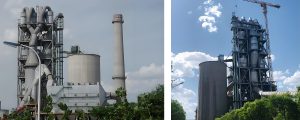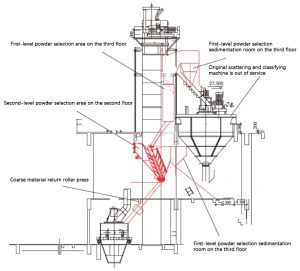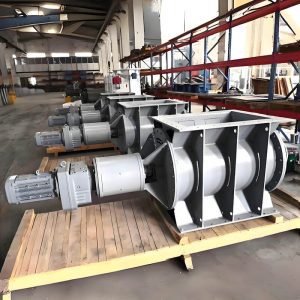High-temperature dust filter bags play a crucial role in industrial dust collection systems. Their lifespan directly affects both operational efficiency and maintenance costs. Therefore, extending the lifespan of these bags is a key focus for many customers. This article outlines several strategies to help you achieve this goal.
Choose the Right Material
Selecting the appropriate material is vital. When choosing high-temperature dust filter bags, consider your specific working conditions. For flue gases that are hot, humid, and corrosive, opt for materials like fluoropolymer or P84. These materials resist high temperatures and corrosion. For general industrial dust, polyester needle felt bags work well.
Assess Operating Conditions
1. Nature of Flue Gas
The composition of flue gas significantly impacts bag durability. If the gas contains high levels of acidic or corrosive substances, it will weaken the bags. Industries like chemical and metallurgy often face this issue, leading to shorter bag lifespans.
2. Temperature
High temperatures can cause severe damage to filter bags. Each material has a specific temperature limit. If you exceed this limit, the bags will age quickly and fail. Therefore, monitor temperatures closely to protect your investment.
3. Characteristics of Dust
The properties of dust also matter. Sharp or hard particles can wear down the bags. Additionally, sticky dust can accumulate, blocking airflow and increasing resistance. This buildup can lead to premature damage.

Proper Installation and Use
Correct installation and usage are essential for maximizing bag life. Follow the manufacturer’s instructions carefully. Here are some key tips:
Ensure Proper Fit: During installation, make sure the bags fit the flower plate holes precisely. This prevents wear and air leaks.
Conduct Regular Inspections: Frequently check the equipment’s operation. Look for any signs of wear or clogging. Cleaning the bags regularly helps maintain airflow.
Control Flue Gas Temperature: Keep a close eye on gas temperatures. Avoid excessive heat, which can harm the bags.
Choose the Right Filtration Velocity: Select a suitable filtration speed. High speeds can cause unnecessary wear on the bags.
Additional Tips to Extend Bag Lifespan
Avoid Mixing Bags: Do not mix old and new bags. Different wear patterns can disrupt system performance.
Monitor for Aging: Regularly check for signs of aging. High temperatures and exposure to corrosive substances can degrade the bags. Replace any that show significant wear.
Adjust Tightness: Ensure bags are neither too loose nor too tight. Loose bags can collect dust, while tight ones may tear.
Clean and Replace Bags: When replacing bags, use compressed air to blow out dust. Check for holes and repair if needed. If bags are heavily soiled, rinse them with water and let them dry before using them again.
Address Clogging Promptly: Clogging increases resistance, indicated by pressure gauge readings. To fix clogs, consider these steps:
- Temporarily increase cleaning frequency to remove blockages.
- Replace some or all bags as needed.
- Adjust installation or operating conditions to prevent future issues.
Types of Dust Filter Bags
Dust filter bags come in various designs. You can find pulse-jet, shaking, and reverse-jet types. They also vary in shape, including round, flat, and envelope styles. Different designs cater to specific applications, allowing for flexibility based on your needs.
Conclusion
Extending the lifespan of high-temperature dust filter bags is essential for improving the efficiency of dust collection systems and reducing costs. By choosing the right materials, assessing operating conditions, ensuring proper installation, and conducting regular maintenance, you can significantly enhance the longevity of these bags. Use these strategies to protect your investment and maintain effective dust control in your operations.
At Darko, we specialize in high-quality dust filter solutions tailored to your industrial needs. For more information or to discuss your specific requirements, contact us today! Our team is ready to assist you in optimizing your dust collection systems and enhancing performance.





